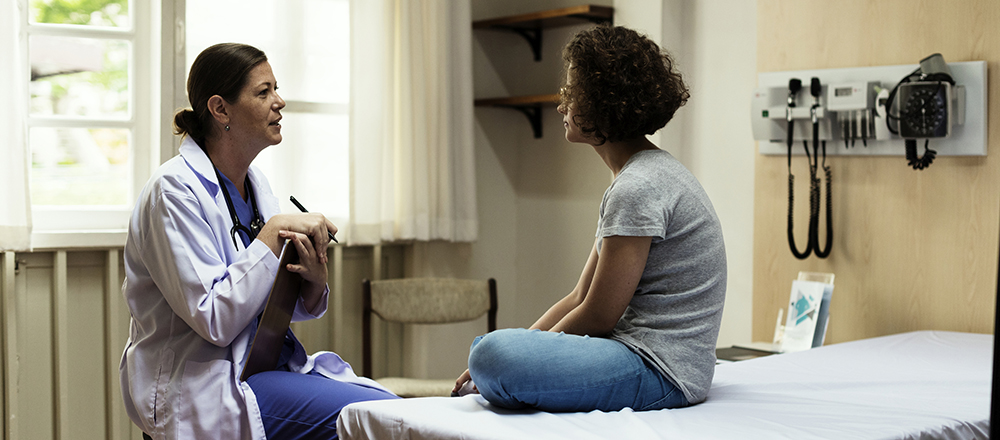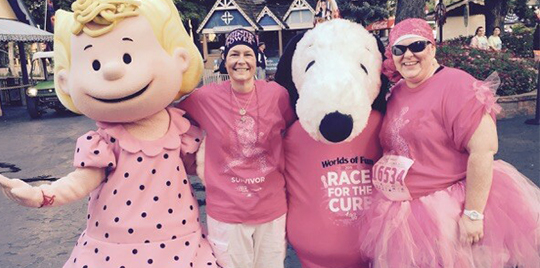
Ready to schedule a colonoscopy? Find a gastroenterologist that's right for you.
What Is Colorectal Cancer?
Colorectal cancer, often referred to as colon cancer, is cancer of the colon or rectum, located in the digestive tract. The colon and rectum make up the large intestine and are part of the gastrointestinal system.
Most colorectal cancers start as polyps, which are small growths on the lining of the colon or rectum. Not all polyps become cancerous, but those that do can grow into the organ walls and spread cancer cells through the blood and lymph system to the rest of the body.
How Common Is Colorectal Cancer?
Colorectal cancer is one of the four most common forms of cancer. Approximately 4.1% of men and women will be diagnosed with colorectal cancer at some point in their lifetime. More than 151,000 people will be diagnosed with colorectal cancer in 2022 according to The American Cancer Society.
Are You at Risk?
Being overweight, lack of exercise, improper diet, smoking and drinking alcohol are risk factors for colorectal cancer. People over the age of 50 are more likely to develop colorectal cancer, as well as those with a personal or family history of polyps or cancer. If you have inflammatory bowel disease, diabetes or certain genetic conditions, you are also at risk.
Symptoms
There are five common symptoms of colorectal cancer:
- A change in bowel habits
- Blood in the stool (bowel movement)
- Diarrhea, constipation or feeling that the bowel does not empty completely
- Persistent abdominal pain
- Unexplained weight loss
If you have any of these symptoms, talk with your doctor.
Gregory Schnell, MD, a gastroenterologist with Gastrointestinal Associated Specialists, is on staff at North Kansas City Hospital. “Colorectal cancer is very treatable,” said Dr. Schnell. “When diagnosed early, patients have a 91% survival rate. If you have any of the five common symptoms of the disease, schedule an appointment with your doctor. Early detection is key.”
Early Detection is Key!
Regular colorectal cancer screenings are the key to prevention. There are two types of colorectal cancer screenings:
- Cologuard: Finds abnormal DNA and blood in stool sample. If positive, requires a colonoscopy.
- Colonoscopy which examines the colon and rectum for polyps
The American Cancer Society recommends those with an average risk of developing the disease begin regular screenings at age 45. People in good health and with life expectancy of more than 10 years should continue screenings through age 75. If you are beyond 75 years old, consult your physician.
Screen regularly, exercise, eat a proper diet, maintain a healthy weight, and avoid smoking to minimize your risk for colon cancer.
Explore More
When Stomach Troubles Turn Serious
IBS: It's Not Your Father's High-Fiber Cereal That Brings Relief


